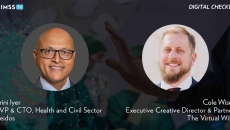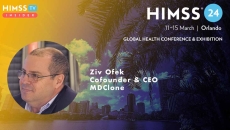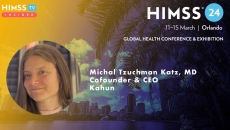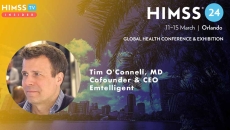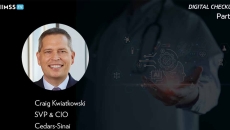Artificial Intelligence
Paired with AI, holograms offer a great tool for patient interactions, caregiver training, virtual greeters and other augmented reality, says Cole Wiser, executive creative director and partner at the Virtual Wild, and Srini Iyer, chief technology officer for Leidos' health and civil sector.
Through the real-time platform, providers can submit and track electronic claims, claims status, remittance and claims payment information.
HIMSS24
MDClone's self-service platform unlocks healthcare data to put it in the hands of end users such as physicians, says cofounder and CEO Ziv Ofek.
Where can smaller hospitals and health systems begin with artificial intelligence? Brent T. Hoard, a partner at Troutman Pepper and AI expert, says most likely with a vendor. He elaborates on this and much more advice.
HIMSS24
Kahun brings statistical knowledge that is the basic science of medicine in one "knowledge rack" to support end users, says CEO Dr. Michal Tzuchman.
Clinicians using Counterpart Assistant see over 1,000 basis point differential in Medical Cost Ratios, Clover says.
Medical group executives point to finance and revenue cycle improvements as their key focus in 2024, says MGMA report.
HIMSS24
The technology holds great progress to get that needle in a haystack data and do something with it, even applying higher levels of cognition, says Tim O'Connell, cofounder and CEO of Emtelligent.
The health system uses ambient documentation, but whatever works for physicians is the most efficient system, says CIO Craig Kwiatkowski.
Each organization can now securely analyze de-identified patient data from either health system.
